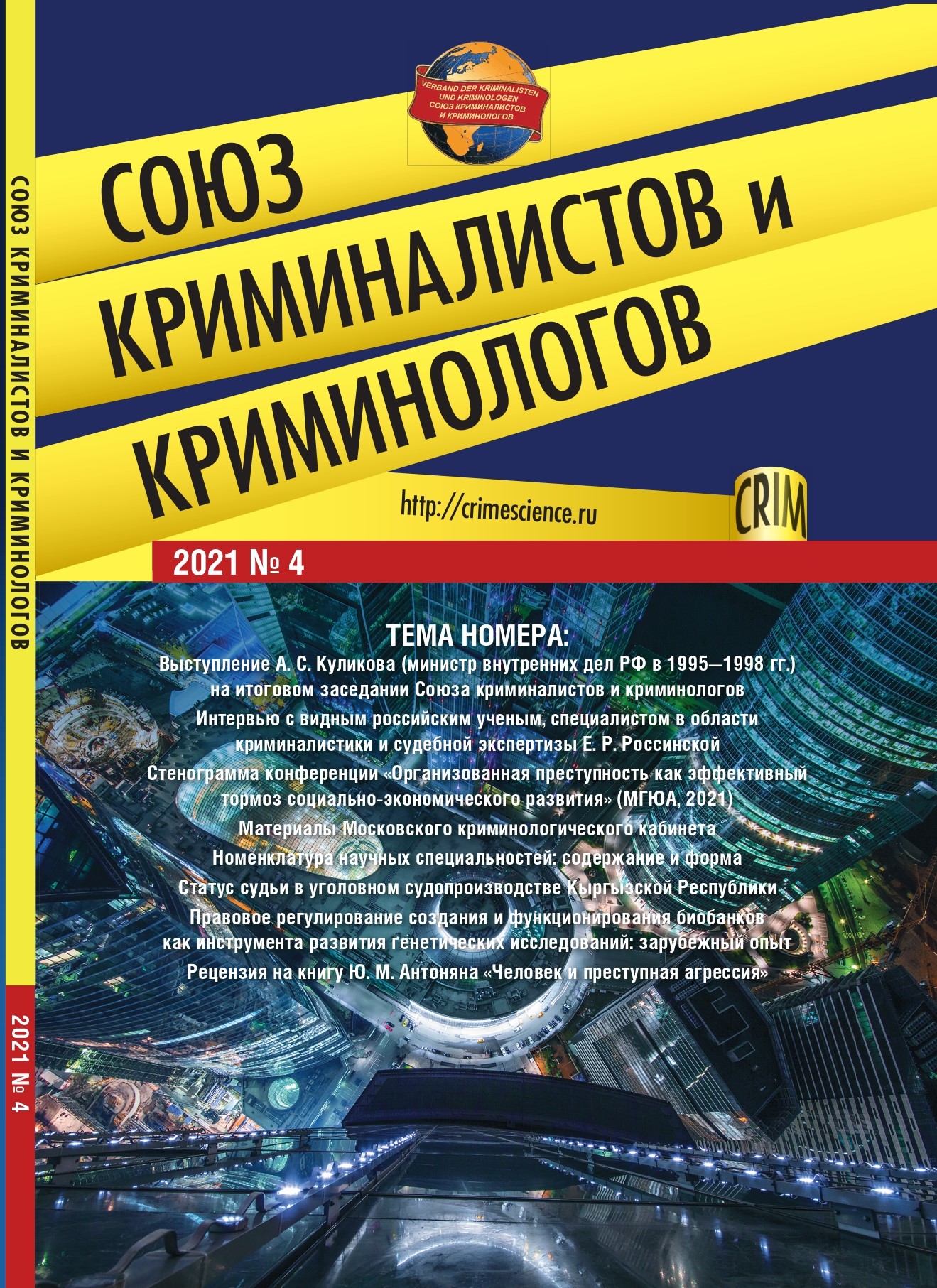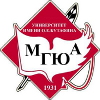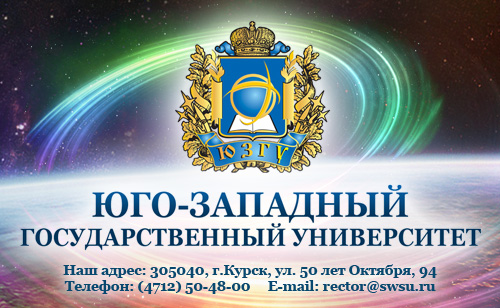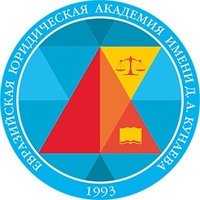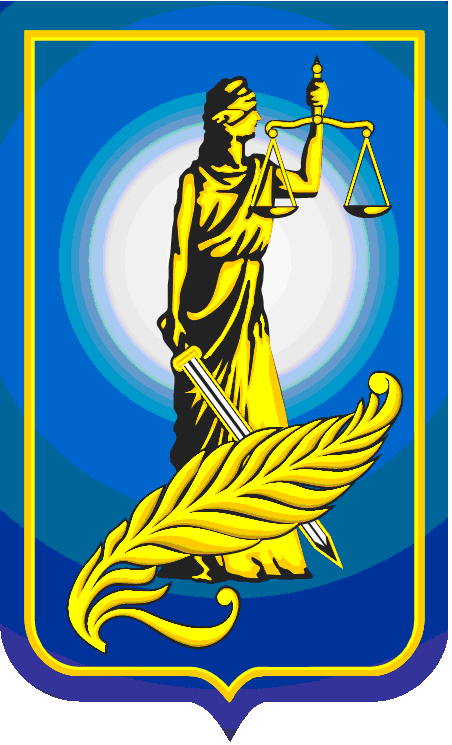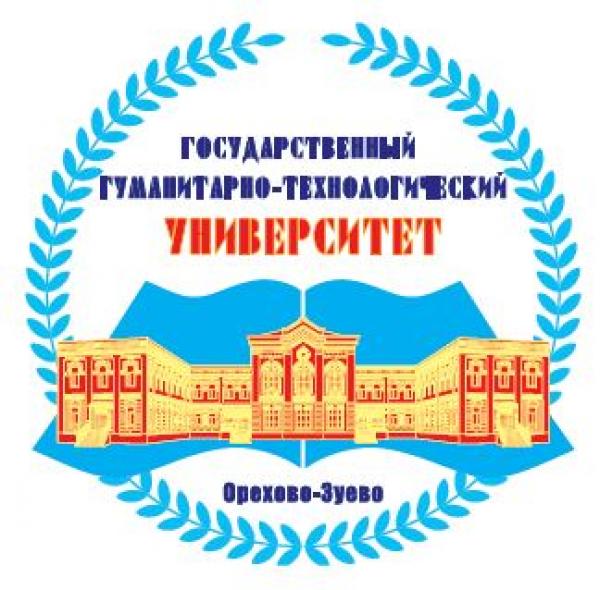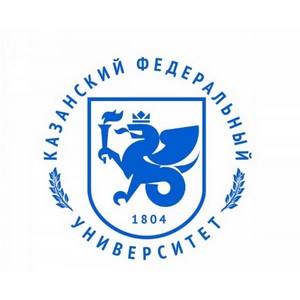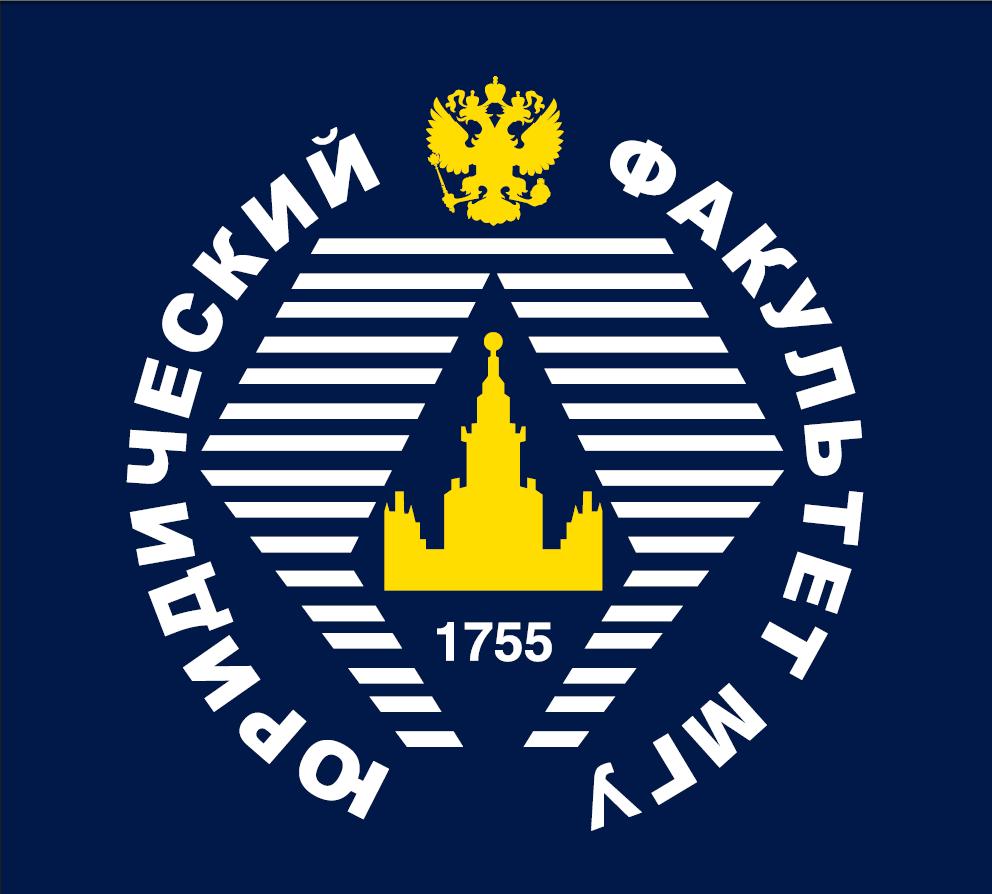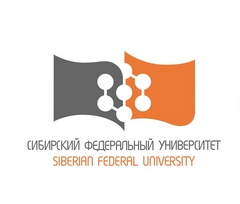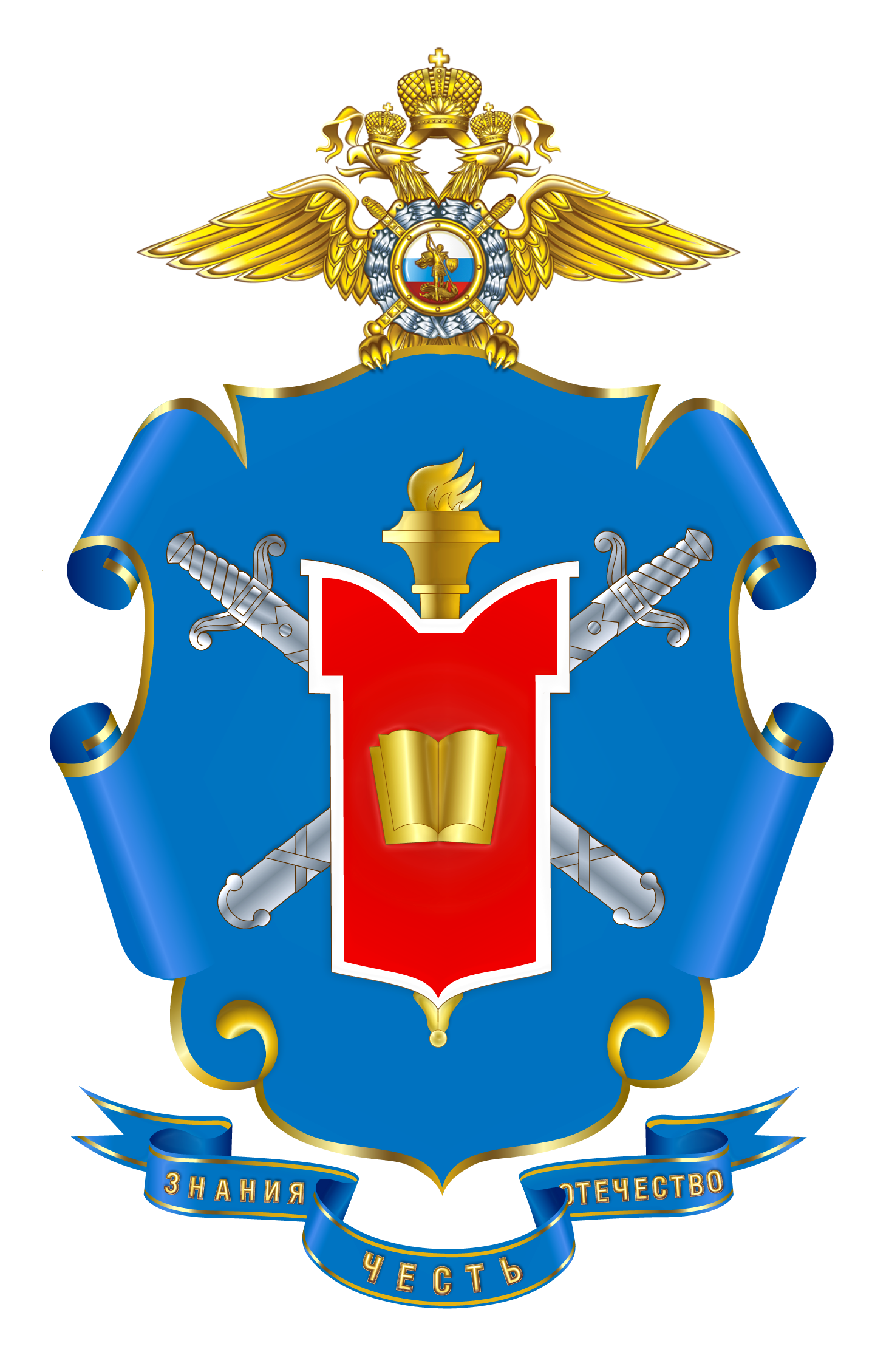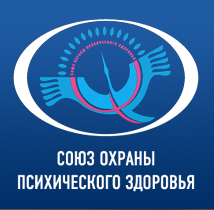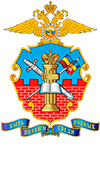Since 2004, Day of the Employee of the investigative bodies of the Russian Federation has been celebrated, established by the Decree of the Government of the Russian Federation No. 741 of 27 August 2013. This document also sets the date of its celebration — on July 25 annually.
Day of the Employee of Russian investigative bodies is a professional holiday for all employees of investigative departments of the relevant federal executive bodies, that is, employees of the Investigative Committee of the Russian Federation, investigative departments of the Ministry of Internal Affairs, the Federal Security Service (FSB), the Federal Drug Control Service, etc.
One historical event served to choose the date of the professional holiday.
On 25 July 1713, by the personal decree of Peter I, the first specialised investigative body of the Russian Empire was established – the Investigative Office, which became the first state body in the country directly subordinate to the head of state and empowered to conduct a preliminary investigation.
The head of this Investigative Office was appointed Guard Major of the Semenovsky Regiment Mikhail Volkonsky. The Office was directly subordinate to Peter I. Cases of the most dangerous corruption acts encroaching on the foundations of statehood were attributed to its jurisdiction: bribery, embezzlement, official forgery, fraud.
After the death of Peter I, this Office was abolished, and the topic of an independent investigative body was forgotten. Until the middle of the 19th century, various structures were engaged in the investigation of crimes but rather unsuccessfully: the police, detective agencies, courts and councils… In 1860, during the judicial reform, Alexander II tried to reorganise the system of preliminary investigation. The investigative bodies were and transferred from the police to the courts. Later, this judicial model formed the basis of the system of military investigation, which was attached to the military district courts.
After 1917, investigative units appeared in almost all law enforcement agencies. In 1929, the functions of investigating crimes were transferred to the investigative department of the Prosecutor’s Office of the RSFSR, and military investigative department were subordinated to the Military Prosecutor’s Office. In 1938-1939, investigative units were also established in the state security and police bodies (subordinate at that time to the NKVD of the USSR), in 1963 – and in the Ministry of Public Order Protection (later it became the Ministry of Internal Affairs).
Only in 2007, the adopted amendments to the criminal procedure legislation of Russia and to the Law ‘On the Prosecutor’s Office of the Russian Federation’ excluded the powers of procedural management of the investigation from the competence of prosecutors.
The final return of the model of development of investigative bodies to the Peter the Great’s system occurred on 15 January 2011, when the Federal Law of 28 December 28, 2010 ‘On the Investigative Committee of the Russian Federation’ came into force. Thus, the activities of this new body are managed by the President of Russia, and the Chairman of the Investigative Committee is appointed by the President without the approval of the legislative authority. Thus, at present, the Investigative Committee of the Russian Federation (SK RF) reports directly to the head of state and is not part of the structure of any of the state authorities. The date of 15 January is celebrated as the Day of the formation of the Investigative Committee of the Russian Federation. The independence of the SK RF has created the prerequisites for a more effective fight against corruption, including among the highest executive and legislative authorities.
Translated By Elizaveta O. Ovchinnikova





